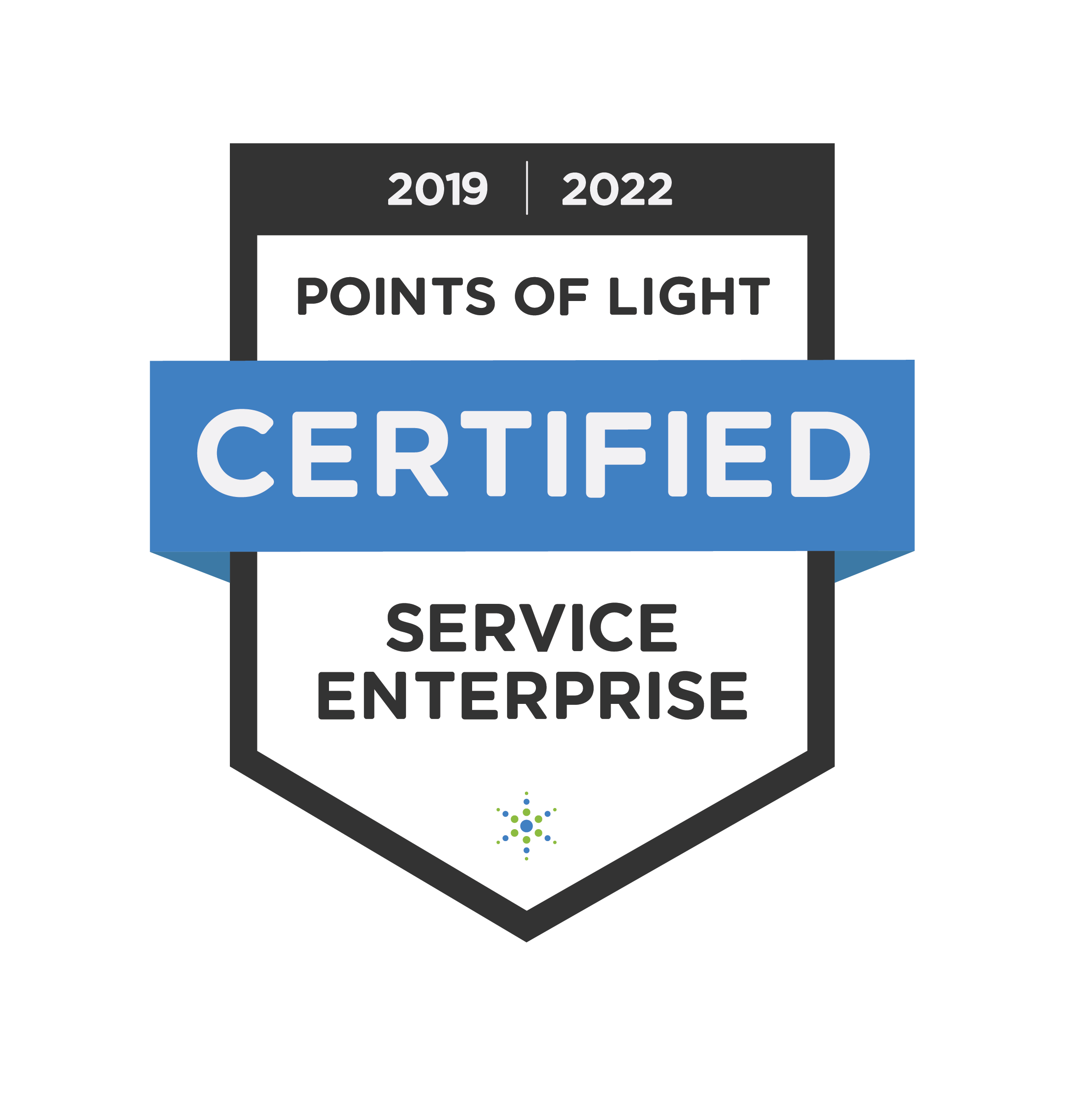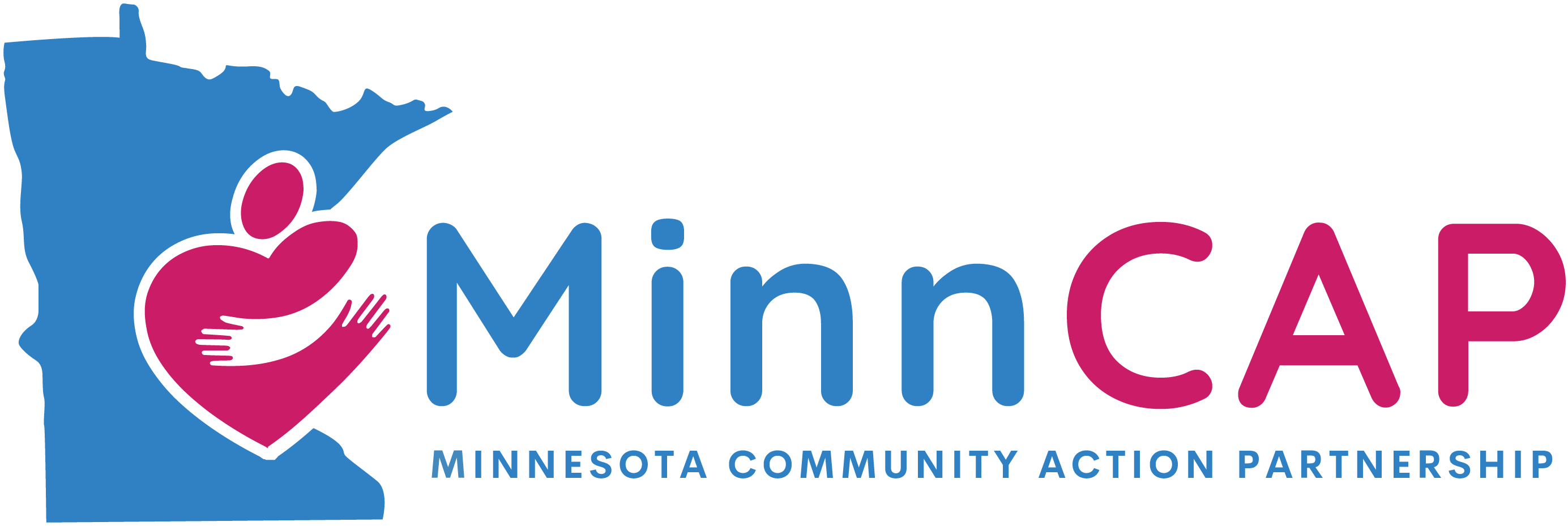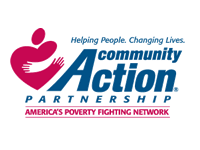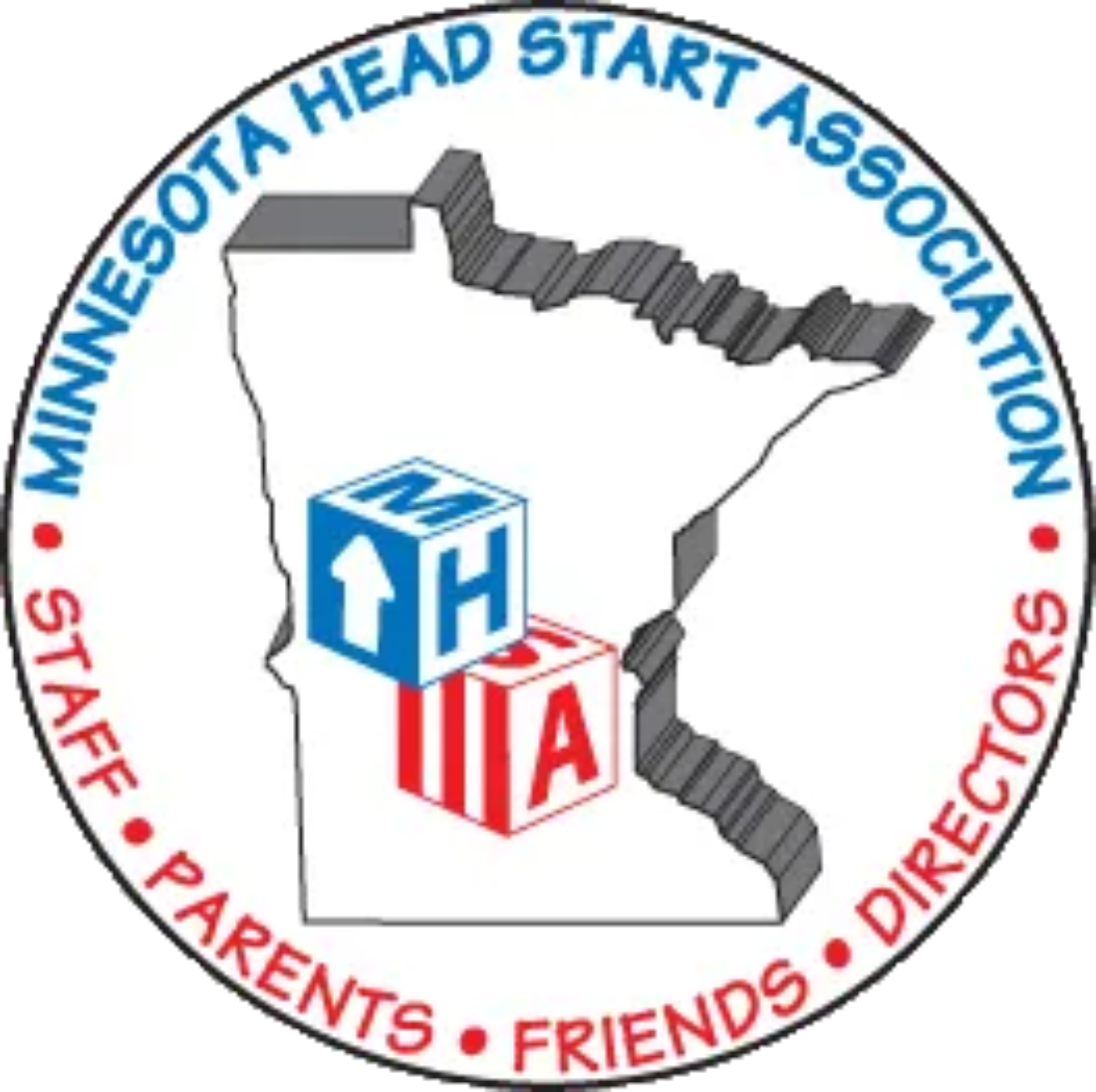Vol. 7 - No. 4
(This column published in print in the Minnesota Spokesman-Recorder on 2/6/2020)
This special installment of The Anti-Poverty Solider features an interview with its author with Dr. Clarence Hightower conducted by Minnesota Spokesman-Recorder contributing writer Dwight Hobbes.
“How can this be one of the most prosperous states in the U.S. and have such disparities for low-income and people of color?” asks Clarence Hightower, executive director of Community Action Partnership of Ramsey & Washington Counties. He’s speaking specifically about the longstanding gulf between academic achievement for minority youngsters and that of mainstream White youth.
“It makes no sense. How can White folks get this great degree of education and we be viewed as [an] education state and then Brown and Black kids struggle in the education system?
“How can White folks have a huge percentage of home ownership, and Brown and Black folks have very minimal ownership? These disparity gaps are unlike anywhere else in America except maybe Mississippi.”
At Community Action Partnership, a prevailing imperative is to even out those odds by annually serving some 20,000 households and upwards of 60,000 low-income individuals. “The work we do, you don’t see the rewards every day,” Hightower continues, “so I get excited about what’s possible. That’s what keeps me going, the possibilities of this work having an effect on somebody’s life.”
One such effect is utilizing education to intercede between Black youth and the streets, which consistently claim them in the infamous pipeline to prisons. “I believe strongly that the more tools we have,’ says Hightower, “the better off we’re going to be in the long run. One of those tools is education, and I’m speaking for myself. My mom had [an] education mentality.”
Hightower’s mother mandated that he and his siblings apply themselves at school. As a result, he went on from high school to Jackson State University, where he earned a Ph.D. in Urban Higher Education. “If we can instill it in the young and have parents understand the importance, it gets them that tool as they get older.”
Reflecting on his tenure in the mid- to-late 90s as president at The City, Inc., Hightower adds, “We would see these young brothers and sisters, where the public schools did not work for them and [it] was their last chance. Then I went to the Minneapolis Urban League.”
There, as president-CEO at Minnesota’s largest civil rights organization from 1998 to 2008, he directed, among other initiatives, academy operations for kindergarten through eighth grade. “Same thing—we ran alternative schools.
“Education was so important, we kept trying to make sure [students] had a chance.” To this day, he asserts, there remains a pressing need to do for the community's children what the public schools are failing to accomplish. “There are tremendous gaps.”
Part of the problem, he notes, is that “We keep making up excuses why. I was told the reason Black kids [aren’t] learning is because of too much absenteeism. They didn’t go to school enough to get the rigor of what’s being taught.
“So, [former Minneapolis Public Schools superintendent] Carol Johnson started a program to make sure attendance rose. Kids got to school and the gap persisted.”
Institutionalized racism fostering poor attitudes on the part of teachers and thereby keeping the problem entrenched is hardly a new concept. Still, Hightower feels that public schools are the best option. “That’s why I don’t support vouchers.”
“If we support vouchers, there’ll be a group of students who will still be left in the public schools. Then, the schools will have still fewer resources than they have now. The resources need to stay in the community in public schools, not cream off kids and send them to private schools.”
Hightower points out that those institutions are, in fact, serving their own interests first. As students transfer, financial support transfers along with them. “There’s a per-pupil aid in Minnesota, a certain amount of money allocated, eight or 10 thousand dollars, for each kid to be in school. That school gets that money.
“The answer in my mind is to fix public schools so that they work for White kids, Black kids, Brown kids equally.”
Why has Clarence Hightower made a career-long commitment to community service, including his role as senior pastor at North Minneapolis’ New Bethel Missionary Baptist Church? “I grew up poor in large household,” he says, “eight of us kids and my mother. We absolutely struggled. Somebody helped me out some, and I’m trying to help somebody else out.”
Hightower has authored opinion articles for the Minneapolis Star Tribune and written two books published by the Minneapolis Urban League, “Claiming the Constitution: Perspectives, 2000-2007” and “The State of African Americans in Minnesota.” He received the Minneapolis Award as well as a Bush Foundation Leadership Fellowship.
The premise of his MSR column “The Anti-Poverty Soldier,” which has run biweekly the past several years, “has always been to shine a spotlight on poverty and its detrimental effects on our communities, state, nation and world.” A January installment quoted a Chinese proverb: “If you want one year of prosperity, grow grain. If you want 10 years of prosperity, grow trees. If you want 100 years of prosperity, grow people.”









